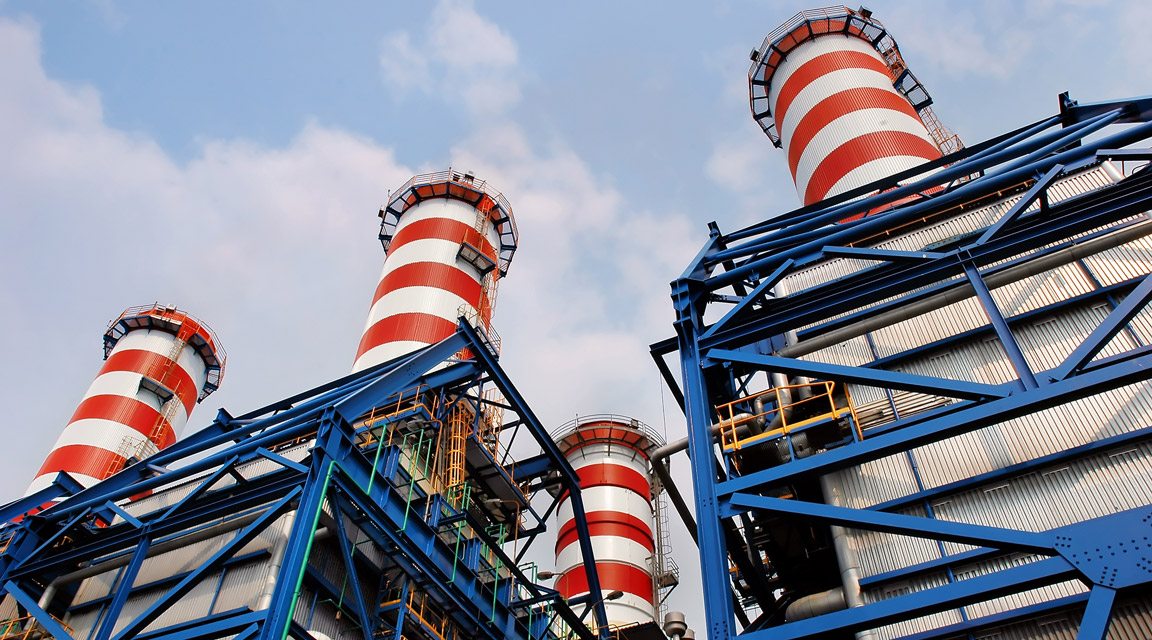

Government is holding talks with IMF officials to secure financing and more could be plesged by Group of Seven
A possible loan deal between International Monetary Fund (IMF) and Iraq may unlock at least $15bn of financial support through to 2017.
Iraq is to receive $10bn in IMF and World Bank assistance and a further $5bn pledge may come from the Group of Seven (G7) meeting in Tokyo this month, Iraqs Central Bank chief Ali al-Allaq told the US-based news agency Bloomberg.
They will discuss supporting Iraq, but thats linked to how convinced they are of the commitments the country is undertaking under the IMF accord, he said. So in total, we will receive $15bn, possibly more, in 2016 and 2017.
IMF officials are holding talks with the government this week in Jordan over a stand-by loan deal. If successful, Iraq will be the first major oil producer in the Middle East to secure a loan deal with the Washington-based lender. Iraq need funds to shore up its stretched finances battered by persistently low oil prices and its war with Isis militants.
The Middle Eastern oil producers, which rely heavily on sale of crude for revenues, are feeling the pinch as oil has slumped from mid-2014 peak of more than $110 per barrel. The governments of oil-reliant economies have slashed spending to counter the plunge. Riyadh has introduced sweeping economic reforms to diversify its economy away from crude, however, for Iraq, the challenge is compounded by a costly war against Isis militants, who have captured large swathes of land the countrys northern territories.
The projects to increase oil output in Iraq are also under threat and could face delays if the government insists on the spending cuts this year, international oil companies have warned the government. With its finances stretched, Iraq has asked foreign oil companies to cut their budgets for developing the countrys oil resources for a second year in a row but the two sides have failed so far to agree on spending levels.
Iraq has plunged into political chaos and sectarian violence ever since American military campaign deposed the long-term President Saddam Hussein. Baghdad has faced mounting pressures from public in recent weeks who are demanding an end to corruption and protest against what they regard as sectarianism in the cabinet appointments. Protesters pulled down blast walls and forced their way into capitals Green Zone which houses embassies, the Iraqi parliament and government ministries on April 30 to demand more efforts from the government.
Al-Allaq told Bloomberg he has seen no signs that the recent unrest could affect IMF talks with Iraq , which is rated B- at S&P Global Ratings, six levels below investment grade.
You might also like...

Rainmaking in the world economy
19 April 2024

Oman receives Madha industrial city tender prices
19 April 2024

Neom seeks to raise funds in $1.3bn sukuk sale
19 April 2024

Saudi firm advances Neutral Zone real estate plans
19 April 2024
A MEED Subscription...
Subscribe or upgrade your current MEED.com package to support your strategic planning with the MENA region’s best source of business information. Proceed to our online shop below to find out more about the features in each package.





